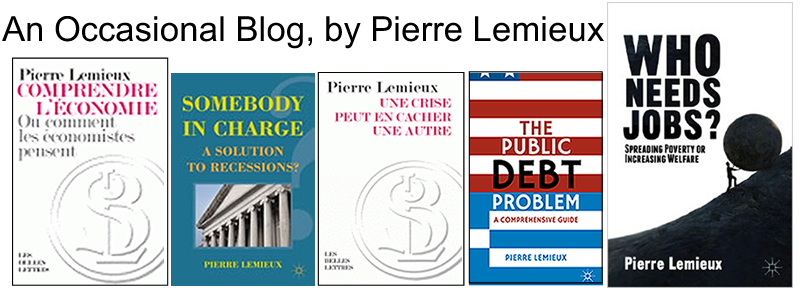“When both countries can produce both commodities, it is not greater absolute, but greater relative, facility, that induces one of them to confine itself to the production of one of the commodities, and to import the other.
“When a country can either import a commodity, or produce it at home, it compares the cost of producing at home with the cost of procuring it from abroad; if the latter cost is less than the first, it imports.
“The cost at which a country can import from abroad depends, not upon the cost at which the foreign country produces the commodity, but upon what the commodity costs which it sends in exchange, compared with the cost which it must be at to produce the commodity in question, if it did not import it.
“If a quarter of corn is produced in England with 50 days’ of labour, it may be equally her interest to import corn from Poland, whether it requires, in Poland, 50 days’ labour, or 60, or 40, or any other number to produce a quarter. Her only consideration is, whether the quantity of cloth with which she can import a quarter costs her less than 50 days’ labor.” …
“Whenever the purchasing power of any commodity with respect to another is less, in one of the two countries, than it is in the other, it is in the interest of those countries to exchange these commodities with one another.”
— James Mill, Elements of Political Economy (1821), 2nd Edition (London: Baldwin, Cradock, and Joy, 1824), pp. 117-118.
